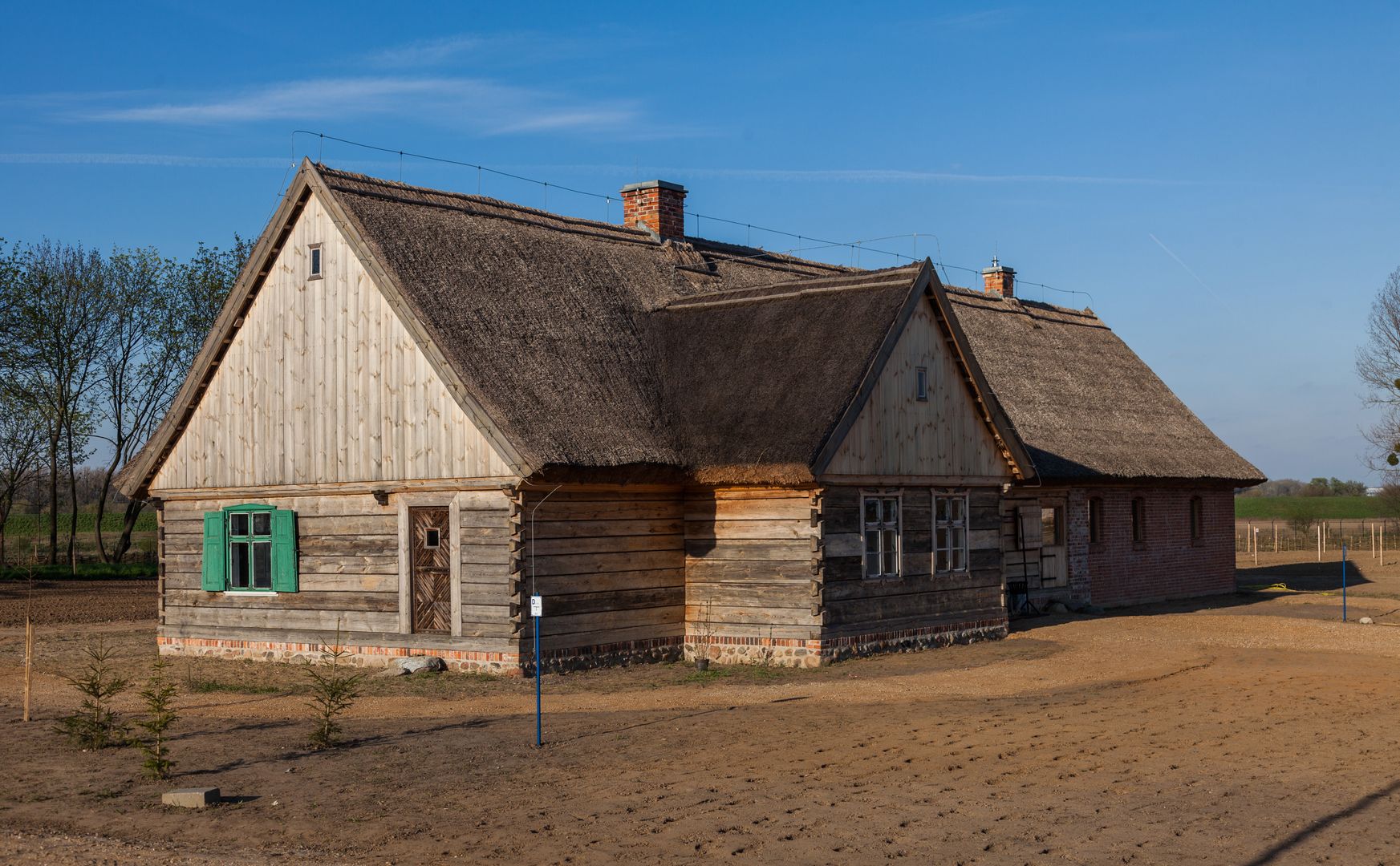Olęder Cemetery
6.78

Overview
The Olędrzy, originally settlers from Friesland and the Netherlands, from the 16th to the 17th century, established villages mainly in Royal Prussia along the Vistula River, Kujawy, Mazovia, and Greater Poland. Their excellent land reclamation skills and high agricultural culture made them the wealthiest group of peasants; they retained personal freedom and the ability to practice their own religion. After the First Partition of Poland, some of them settled in Ukraine. Although the term "Olędrzy" initially referred to the Dutch, over time it encompassed a broader group of settlers, not necessarily of Dutch origin, who benefited from the privileges granted by colonization law. Olęder settlement contributed to the development of agriculture, resulting in the establishment of at least 1,700 settlements, of which only about 300 were founded by ethnic Dutch. Characteristic elements of Olęder settlements included architecture, such as row-style buildings in reclamation villages and dispersed structures in cleared areas. The settlers employed techniques for building arcaded houses and windmills, which became hallmarks of the Polish rural landscape, particularly in Żuławy. The legal system of Olęder settlers was based on founding privileges that regulated their relations with landowners, ensuring legal autonomy and the possibility of self-governance. Settlers often formed municipal self-governments, electing village leaders and jurors, which emphasized their independence. The culture of the Olędrzy, rooted in Mennonitism, introduced new traditions and values into Polish rural life, fostering the coexistence of different faiths. Interestingly, despite adapting to local communities, the cultural aspect of the Olędrzy, as well as their language, were often preserved, enabling them to survive to this day as a distinct group in some regions. Olęder settlement had a significant impact on the Polish economy by introducing more modern methods of cultivation and animal husbandry, which translated into higher incomes for landowners.
Location
2026 Wizytor | All Rights Reserved